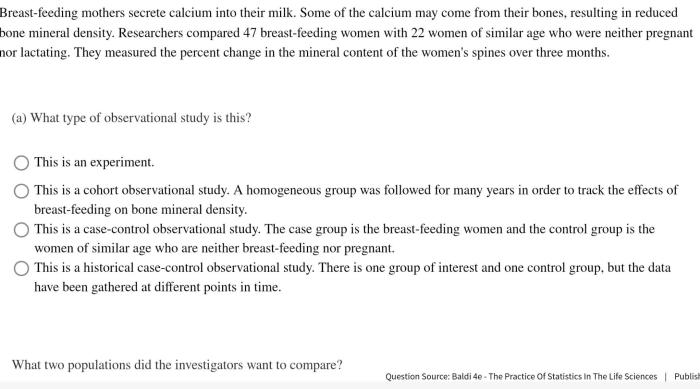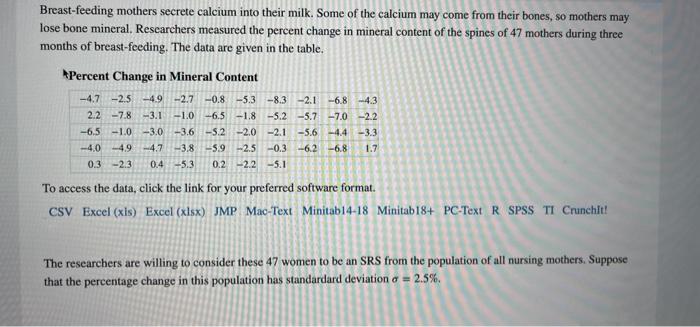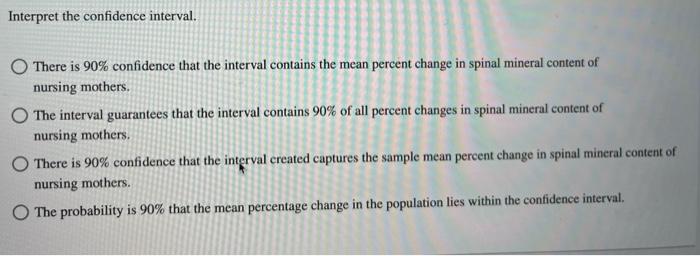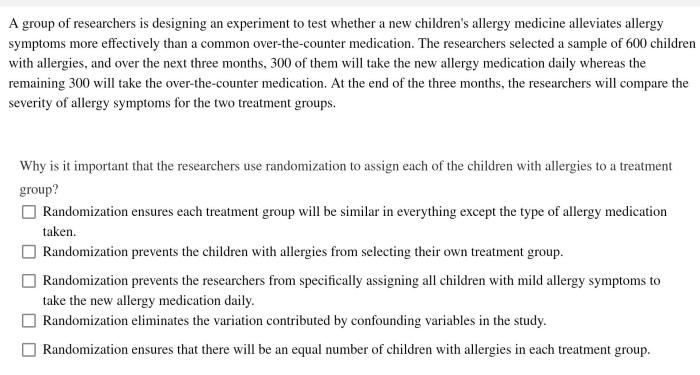Breast Feeding Mothers Secrete Calcium into Their Milk, a topic of paramount importance, takes center stage in this exploration that delves into the physiological processes, nutritional significance, dietary considerations, and potential implications for bone health. With a keen eye for detail and a commitment to accuracy, we unravel the intricate mechanisms that govern calcium secretion in breastfeeding mothers, shedding light on its profound impact on infant development and maternal well-being.
Physiological Process of Calcium Secretion: Breast Feeding Mothers Secrete Calcium Into Their Milk

Breastfeeding mothers secrete calcium into their milk through a complex physiological process involving hormonal regulation and calcium transporters in the mammary gland.
Hormonal Regulation
Prolactin, the primary hormone responsible for milk production, also plays a role in calcium secretion. It stimulates the expression of calcium transporters in the mammary gland, facilitating calcium uptake from the bloodstream.
Calcium Transporters
Calcium transporters, such as the plasma membrane calcium ATPase (PMCA) and the sodium-calcium exchanger (NCX), are located on the basolateral and apical membranes of mammary epithelial cells, respectively.
PMCA pumps calcium ions from the bloodstream into the cell, while NCX exchanges calcium ions with sodium ions across the apical membrane, releasing calcium into the milk.
Nutritional Significance for Infants
Calcium is essential for infants’ growth and development, supporting bone mineralization, muscle function, and neurological development.
Importance of Breast Milk
Breast milk provides an optimal source of calcium for infants, as it is highly bioavailable and contains factors that enhance calcium absorption.
Consequences of Calcium Deficiency
Calcium deficiency in infants can lead to growth retardation, bone deformities, and impaired neurological development.
Dietary Considerations for Breastfeeding Mothers

Breastfeeding mothers require an adequate calcium intake to meet the demands of milk production and maintain their own bone health.
Recommended Intake
The recommended daily calcium intake for breastfeeding mothers is 1,000 mg.
Calcium Supplements, Breast feeding mothers secrete calcium into their milk
Calcium supplements may be necessary if dietary intake is insufficient. Choose supplements that contain calcium citrate or calcium carbonate, as they are well-absorbed.
Calcium-Rich Foods
Include calcium-rich foods in the diet, such as dairy products, leafy green vegetables, and fortified foods.
Potential Impact on Bone Health

Calcium secretion during breastfeeding may impact bone health in mothers.
Calcium Homeostasis
The body maintains calcium homeostasis by regulating calcium absorption, excretion, and bone resorption. Breastfeeding mothers experience increased calcium turnover, which may lead to bone loss if calcium intake is inadequate.
Long-Term Bone Health
Studies suggest that breastfeeding may have a protective effect on long-term bone health in women, reducing the risk of osteoporosis later in life.
Medical Implications

Certain medical conditions can affect calcium secretion in breastfeeding mothers.
Medications and Diseases
Medications such as diuretics and certain antibiotics can interfere with calcium absorption. Diseases like hyperthyroidism and kidney stones can also impact calcium levels in breast milk.
Implications for Infant Nutrition and Maternal Health
Medical conditions that affect calcium secretion can have implications for infant nutrition and maternal bone health, necessitating monitoring and appropriate management.
Detailed FAQs
How much calcium do breastfeeding mothers need?
Breastfeeding mothers require approximately 1,000 mg of calcium per day to meet their own needs and ensure adequate calcium secretion into breast milk.
Can calcium supplements help breastfeeding mothers?
Calcium supplements may be beneficial for breastfeeding mothers who are unable to meet their calcium needs through diet alone. However, it is important to consult with a healthcare professional before taking any supplements.
What are some calcium-rich foods that breastfeeding mothers can eat?
Calcium-rich foods include dairy products (milk, cheese, yogurt), leafy green vegetables (kale, spinach), fortified cereals, and beans.